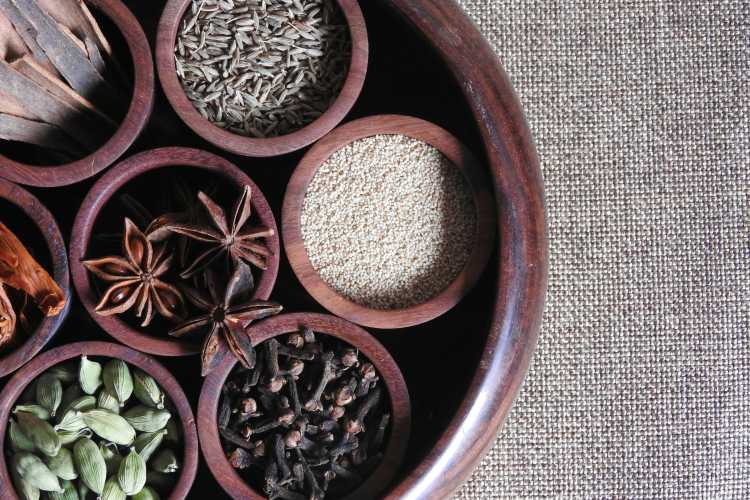
The ministry of AYUSH has not fully utilised the budgeted funds, prompting a parliamentary committee to call for improved spending efficiency. The ministry, responsible for Ayurveda, Yoga and Naturopathy, Unani, Siddha, and Homeopathy, has seen underutilisation of funds under the National Ayush Mission scheme. For fiscal year 2024, the ministry was allocated Rs 1,200 crore, which was later revised down to Rs 815 crore. However, only Rs 589 crore, or 74%, had been spent by January.
Similarly, in the previous fiscal year, although Rs 800 crore was allocated, only Rs 549.15 crore, or 85% of the revised estimate of Rs 643.8 crore, was spent. The committee report suggests that the ministry might not be entirely at fault, as funds tend to be released in late financial year instalments, based on the pace of utilisation and fund availability.
READ | Big tech regulation: India must learn from Korean fiasco
What is AYUSH
AYUSH stands for Ayurveda, Yoga, Unani, Siddha, and Homeopathy, promoting healthcare through traditional and unconventional Indian practices. The mission aims to enhance public healthcare by providing cost-effective and equitable healthcare nationwide, bridging healthcare gaps, and supporting state/UT efforts to offer AYUSH services and education, particularly in underserved and remote areas.
Since its inception in 2014, the mission has led to the establishment of AYUSH hospitals, dispensaries, and health and wellness centres across the country. However, the implementation of NAM faces challenges, such as incomplete or unaudited utilisation certificates, hindering progress. Despite approval in March 2020 to upgrade 12,500 health facilities to AYUSH Health and Wellness Centres (HWCs) by FY24, only 7,603 HWCs were operational by August 2023. The decentralised nature of public health in India, with AYUSH educational institutions falling under state/UT government jurisdiction, has also led to issues, including political disputes and negligence.
For instance, in Punjab, a conflict over branding between the state government and the Centre resulted in withheld funds. Similarly, AYUSH students and practitioners in Odisha have raised concerns about insufficient AYUSH hospitals and the perceived inferiority of AYUSH doctors compared to those in allopathy.
Despite these challenges, some states and Union Territories have shown progress, with only five states and three UTs achieving 100% operationalisation of approved AYUSH HWCs. Tamil Nadu, in particular, has been proactive in establishing AYUSH hospitals and advocating for traditional medicine, leading to significant support from the Union government for AYUSH projects in southern states.
The underutilisation of funds is a concern, especially when considering India’s goal of increasing government health spending to 2.5% of GDP by 2025, as outlined in the National Health Policy 2017. The importance of boosting public healthcare spending has been underscored by the pandemic.
Prime Minister Narendra Modi has positioned himself as a strong advocate for AYUSH, promoting its potential not just for individual health but also as a national brand and economic driver. He views traditional medicine systems as part of India’s unique heritage and a potential answer to healthcare accessibility and affordability challenges. This focus aligns with his “Vocal for Local” initiative, seeking to boost domestic industries and showcase India’s cultural depth on the global stage.
However, this strong endorsement also attracts criticism. Some concerns centre around prioritising traditional practices over evidence-based modern medicine, particularly in light of limited quality research on certain AYUSH practices. Additionally, questions arise regarding potential conflicts of interest and the potential for unregulated, commercially driven practices to compromise patient safety. Balancing promotion with robust scientific evaluation and responsible regulation will be crucial to harnessing the true potential of AYUSH without risking public health.
The future of AYUSH involves addressing scepticism about the efficacy of its practices. To this end, the Ministry of AYUSH and the Indian Council of Medical Research (ICMR) are collaborating on quality human clinical trials to generate evidence for integrating ayurveda with modern medicine. However, challenges remain, including combating misinformation, regulating practices, and conducting thorough research. The integration of AYUSH into mainstream healthcare is commendable, but awareness of its limitations and the risks of unregulated advice, such as consuming cow urine for health benefits, is crucial.

